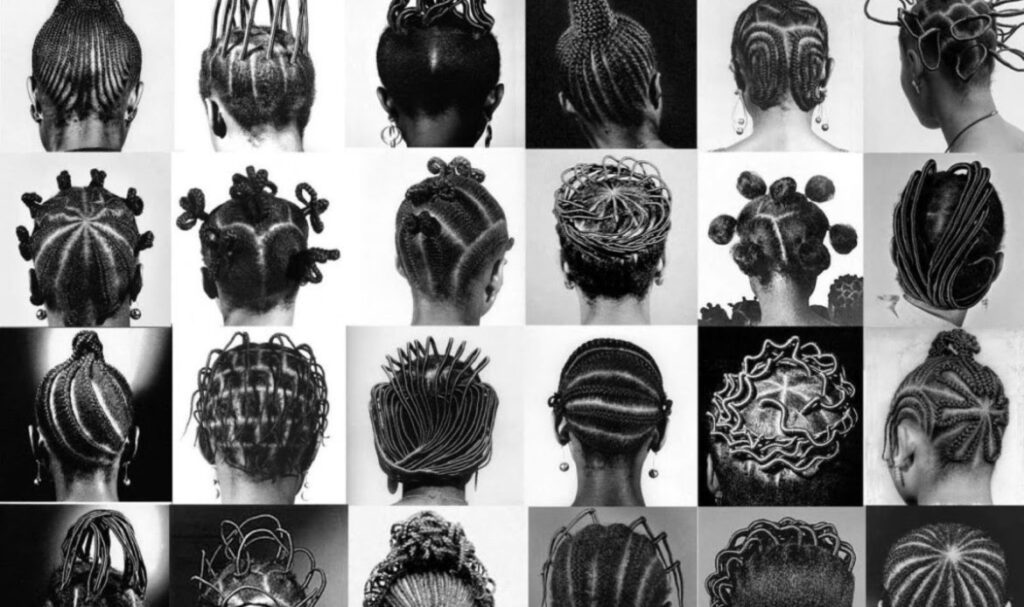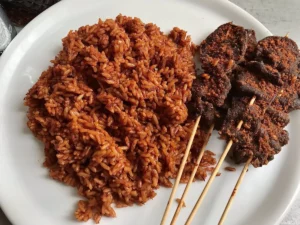The Shuku hairstyle is more than just a traditional African hairdo — it’s a cultural symbol that carries centuries of heritage, especially in Nigeria. Recognized by its distinctive raised braid running from the front to the back of the head, Shuku (also spelled “Suku”) has remained a favorite for many African women.
In this post, we explore the origin, meaning, and significance of the Shuku hairstyle in Nigeria, and how it continues to thrive in modern beauty trends.

What is Shuku?
Shuku is a traditional braided hairstyle typically formed by weaving the hair into cornrows that stand in a raised ridge down the center of the head. It’s often adorned with beads, threads, or other accessories to enhance its beauty.
The Origin of Shuku in Nigeria
Shuku originated from the Yoruba people of southwestern Nigeria. Historically, it wasn’t just a fashion statement — it had deep cultural meanings. In ancient Yoruba society:
Shuku was reserved for royalty and special women, such as queens or brides-to-be.
It signified elegance, dignity, and sometimes fertility.
The style was often worn during traditional events, festivals, or important ceremonies.
Over time, Shuku spread beyond the Yoruba community and became a beloved style across other parts of Nigeria and West Africa.
Symbolism Behind the Shuku Hairstyle
Each Shuku style can carry its own message or status. For instance:
Young girls might wear simpler versions.
Married women could wear more intricate patterns.
Some patterns and variations were once used to indicate clan, marital status, or social class.
Shuku was also a form of non-verbal communication — the patterns could reflect emotions, celebration, or even mourning.
Modern Relevance of Shuku in Nigeria
Despite the influence of Western hairstyles and global trends, Shuku remains highly relevant in Nigeria today. Many women wear it:
As a protective style for natural hair
During cultural events like weddings, naming ceremonies, and traditional festivals
As a modern fashion statement, often fused with creative twists and color highlights
Even celebrities and fashion designers have embraced Shuku on runways and red carpets, making it a timeless blend of tradition and style.
Popular Variations of Shuku
There are several creative versions of Shuku today, including:
Side Shuku
Two-Step Shuku
Curvy Shuku
Patewo and Shuku Combo
Shuku with Attachment (extensions)
These modern variations allow for personalization while preserving the heritage.
Conclusion
The Shuku hairstyle is a proud reminder of Nigeria’s rich cultural history. It represents more than beauty — it’s a crown of tradition, pride, and identity for many African women. Whether worn for special occasions or everyday elegance, Shuku continues to tell a story that connects the past to the present.




